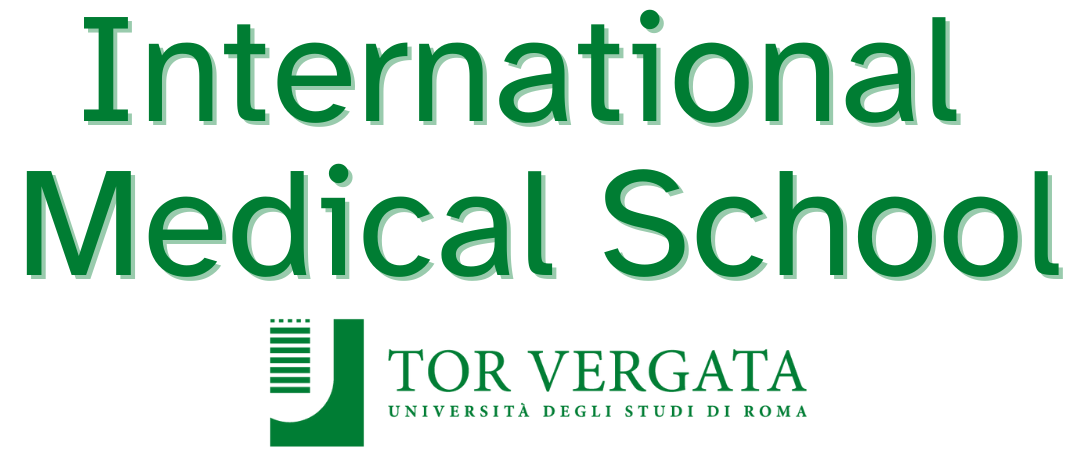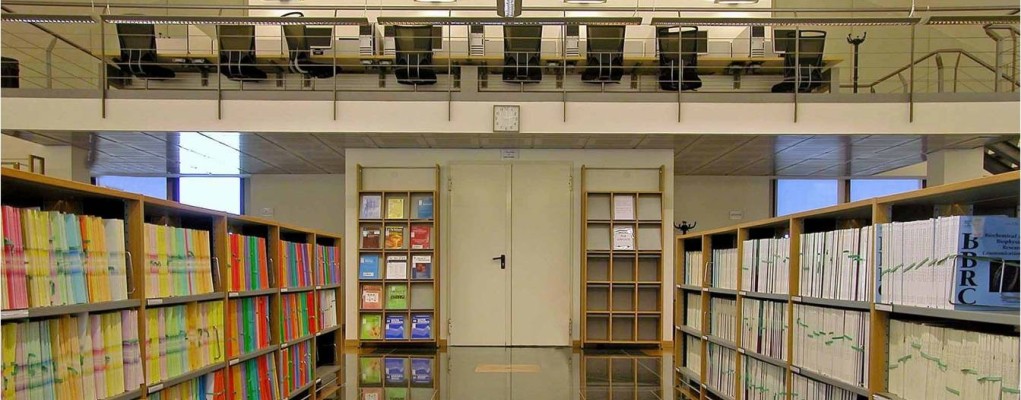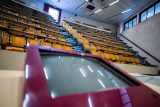Students & Staff
-
Number of students on the course in 2020: 132
-
Annual intake of new students (including transfer students and international students): 25+10
- Staff (including part-time lecturers): 95
Teaching
Learning to be a medical doctor is not simple, it is not trivial; study Medicine and Surgery is usually challenging intellectually, physically, emotionally, and humanly. During your Medicine study course you will pass the most terrible, demanding but impressive and amazing years of your life. Our role as Medical School is not to dilute or diminish your challenges, but rather to help you, to look after you to grow as a person and a professional by facing them.
Our lecturers are well renowned in their medical specialties and they possess important international academic experiences (such as having studied or taught in the UK, USA and many other countries). Most of the teaching staff have also taken degrees abroad thus ensuring the high level of education required to teach in our university. We believe this is fundamental to providing our students with a rich international experience.
Quality assurance
At the Faculty of Medicine and surgery we strive to provide high quality in our instruction and study programs. Any lesson is judged by the students than can try to improve teaching methods through suggestions. This procedure is designed to ensure continuous and systematic adaptation and development of the course study programs. The president of school involves the didactic committee in decisions regarding the follow-up on the evaluation.
Research
The researchers at the Faculty of Medicine and Surgery work in all aspects of health research- from the molecular level to the level. Research is carried into 5 departments which cover all aspects of Human Health and Medicine:
- Biomedicine and Prevention
- Clinical and Translational Medicine
- Experimental Medicine
- Systematic Medicine
- Surgery
The 2015-2016 URAP World Ranking (University Ranking by Academic Performance), drawn up by the Middle East Technical University of Ankara and based on scientific productivity, puts Tor Vergata at the 239th position in the World ranking amongst the top 2000 University surveyed at an international level.
In the same classification, Tor Vergata holds the 9th position amongst Italian academic institutions and 103rd out of 700 Universities in Europe for academic excellence.
So far, 15 academics of the University of Rome Vergata have won prestigious grants from the ERC IDEAS Program (European Research Counci). Thanks to the close relationships between lecturers and researches, the most advanced medical research is delivered through lectures to our students
Clinical activities
From the first year, all of our students undergo clinical practice at the Policlinico of Tor Vergata (PTV). Our students are taught in an exciting and dynamic environment where they learn to develop deep knowledge and practical skills. We believe that students can only provide the best possible care to patients through clinical experience and so we encourage clinical practice from a very early stage.
Our medical students work in many different wards to learn all aspects of patient care. These include:
- Obtaining patient histories,
- Performing thorough physical examinations,
- Providing diagnosis
- Making critical decisions based on the most updated medical knowledge
- Interpreting results of particular treatments
- Communcation with patients on all aspects of disease and prognosis
- Team-work.
PTV teaching hospital
Our university hospital (PTV, Policlinico Tor Vergata)is an institution which combines the services of a standard hospital with the additional benefits of teaching medical students. The Policlinico of Tor Vergata is also a research-intensive hospital specializing in several critical areas.
All of our students benefit from clinical hands-on experience by working in small groups where students will work with both patients and health-care staff. The Policlinico of Tor Vergata is committed to delivering excellent care to all patients. This allows our students to obtain valuable experiences of working in different wards. We are committed to teach our students how to appropriately communicate with patients and families as well as health-care staff, as we believe that communication is the most important skill a doctor must acquire. We strive to continuously adapt and develop ourselves as a leading hospital at both the national and international level.
The PTV was established in 1972 in conjunction with the University Campus of Tor Vergata. The Hospital spreads over an area of 140,000 meters squared. The hospital consists of a main building with four floors and 2 building units on either side with 11 floors and can host about 520 beds.




